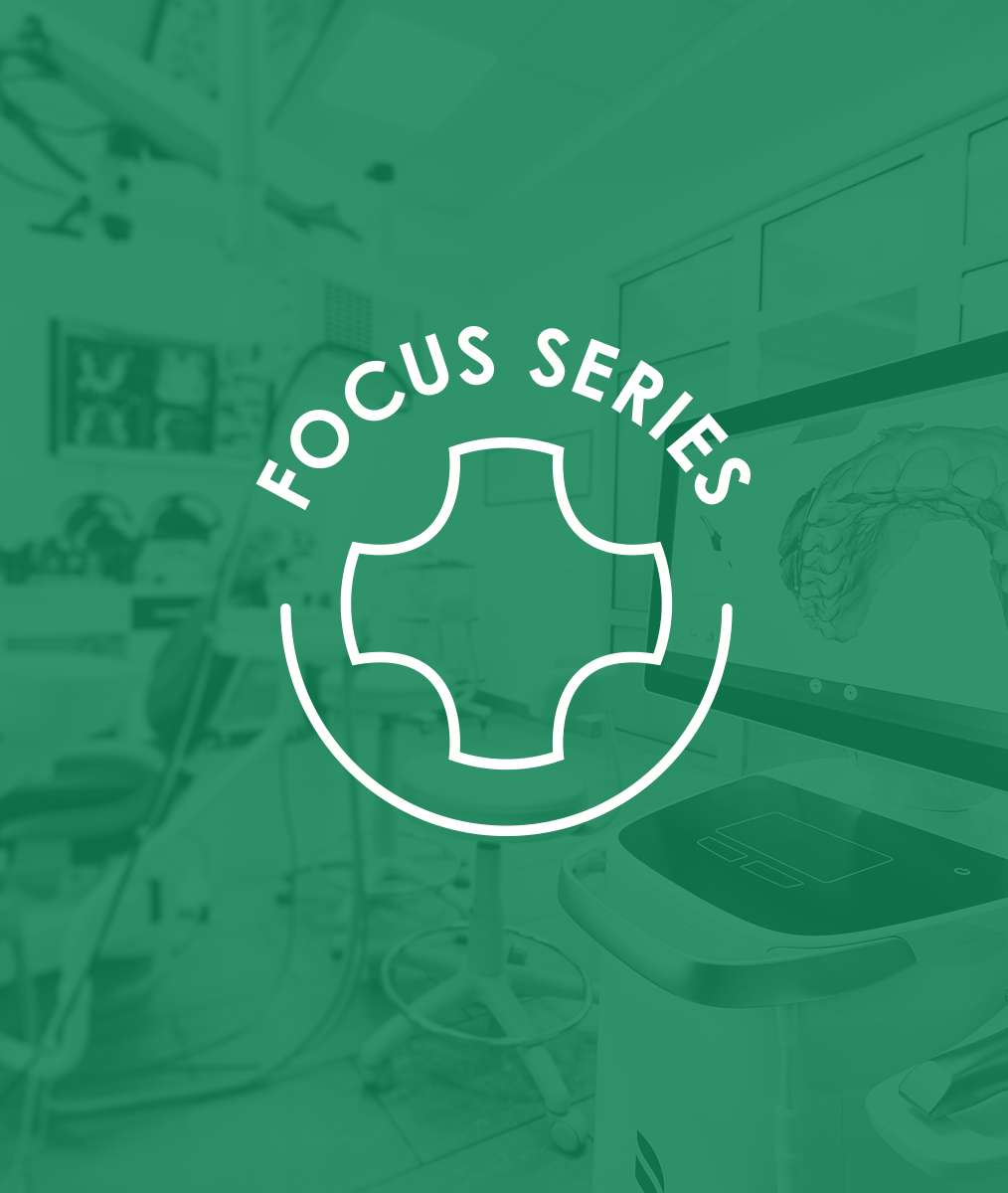How Do You Like to Receive Feedback?
Kelley Brummett, DMD
Recently, I completed growth conferences with everyone on my team. The beauty of a growth conference is that it’s all about growth. It’s all about effort. It’s all about meeting each other and becoming more aligned with the mission of the practice. If I have something I want to share with a team member that’s a concern or something new I would like them to achieve such as mastery of a new skill, I think about how I’m going to communicate it. And as I do growth conferences with the individuals on my dental team, I am cognizant that they are likely to want to receive feedback differently as individuals.
I’ve discovered that if I ask my employee upfront how they like to receive feedback, they pause to think before responding. I wait patiently for their response because I know the response will save both of us time and energy. For example, there are some team members who want the short and skinny of it—“Give it to me straight now.” They don’t want you to hold back. There are some team members who need to be gently warmed up before they can hear the message and require thorough explanations of why.
I’ve discovered it helps to frequently ask the “how do you like feedback” question of my team to get their buy-in of my feedback. The beauty of “feedback” is that even criticism can be framed in a positive way as the next identified step in working towards a goal.
Those of us in dentistry know that sometimes we move fast, but there are times that we need to sit back, think through what somebody gave us information about, and then come back and have a conversation. Mary Osborne has guided us to have conversations with patients that allow us to slow down and learn more about them so they can think, hear themselves speak, and learn about themselves. I’ve decided the feedback question is also a good question to ask patients. “How do you like to receive information? Would you like to know all the details or for me to summarize?”
I’ve learned from Mary and experiences with patients that “staying in questions” helps them grow. Staying in questions also helps team members grow. Staying in questions helps us providers grow. So, feedback—how do you give it? How do you like to receive it? How do you handle it? I encourage you to think about this.
Related Course
Integrative Dental Medicine: Creating Healthier Patients & Practices
DATE: June 27 2025 @ 8:00 am - June 28 2025 @ 4:00 pmLocation: The Pankey Institute
CE HOURS: 16
Regular Tuition: $ 2995
Single Occupancy with Ensuite Private Bath (per night): $ 345
We face a severe health crisis, that is a much larger pandemic than Covid-19! Our western lifestyle affects periodontal & periapical oral disease, vascular disease, breathing disordered sleep, GERD, dental…
Learn More>









